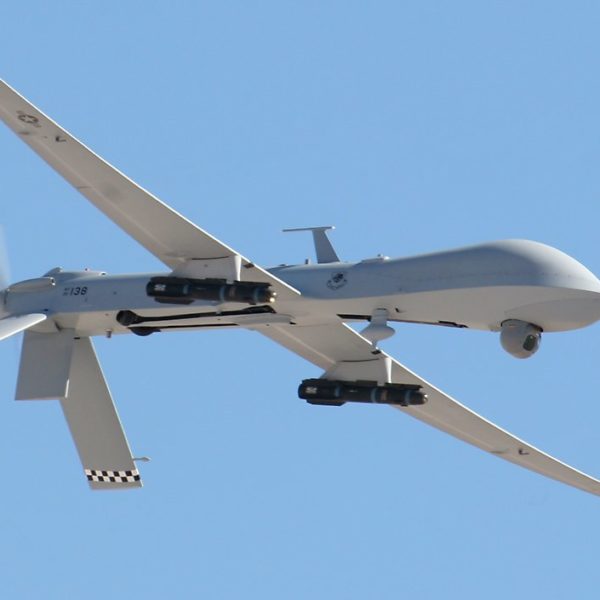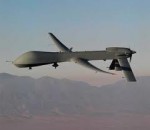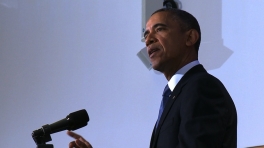
The new issue of Political Theology includes a guest editorial from Joshua Ralston, essays by Christopher Trigg, Michelle Wolff, and Kyle Lambelet, and a roundtable on political theology and literature

…there is another way in which human judgment often aspires to God-likeness: when it seeks to control the future course of events, preventing future evils, rather than merely rectifying existing wrongs.
Of course, there is a plausibility in this aspiration, since prudence is one of the essential political virtues, and prudence is above all concerned with weighing future consequences, with planning and forethought, with mitigating foreseen harms and maximizing prospective benefits. But prudence, in the scheme of cardinal virtues, must remain always the handmaiden of justice.

Drone warfare also continues the attitude towards technology that has marked the history of aerial warfare, the attitude that we need just one more technical fix to make it work the way we think it should. The history of warfare in the twentieth century is replete with advantages gained with a new technology but these advantages did not last long. Should we assume that nowhere in the world is there a group of bright engineers trying to design and produce a counter to the drone? We do so at our peril.
